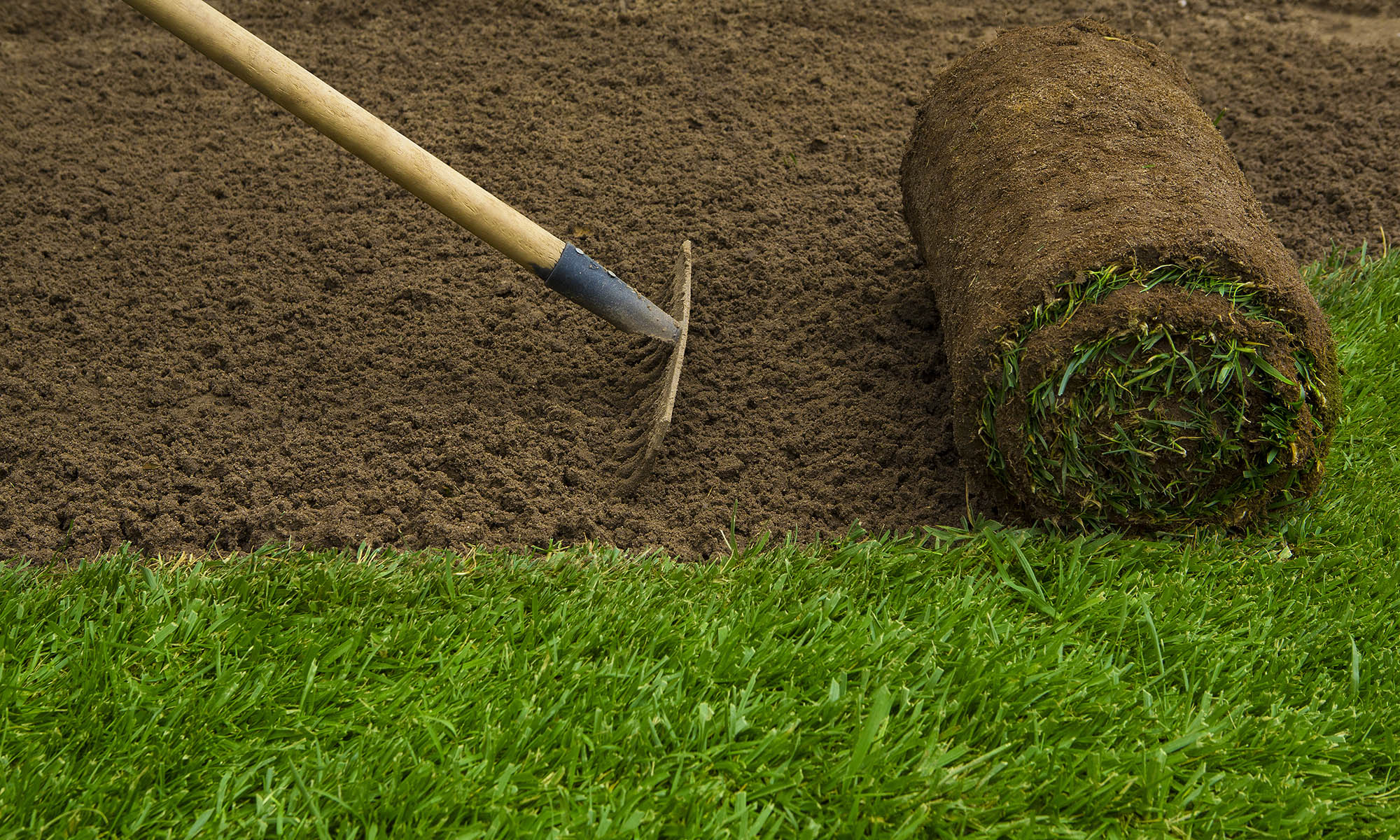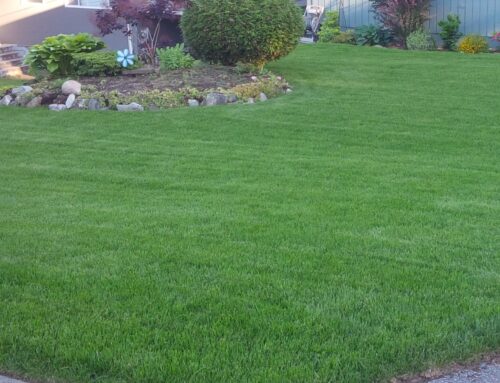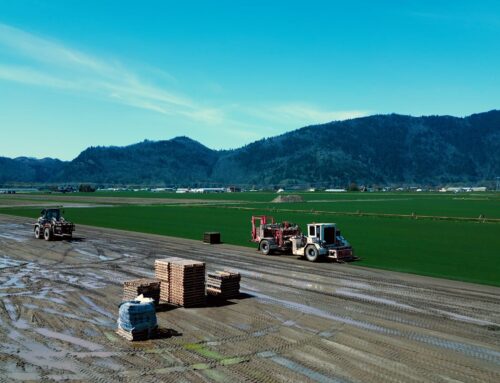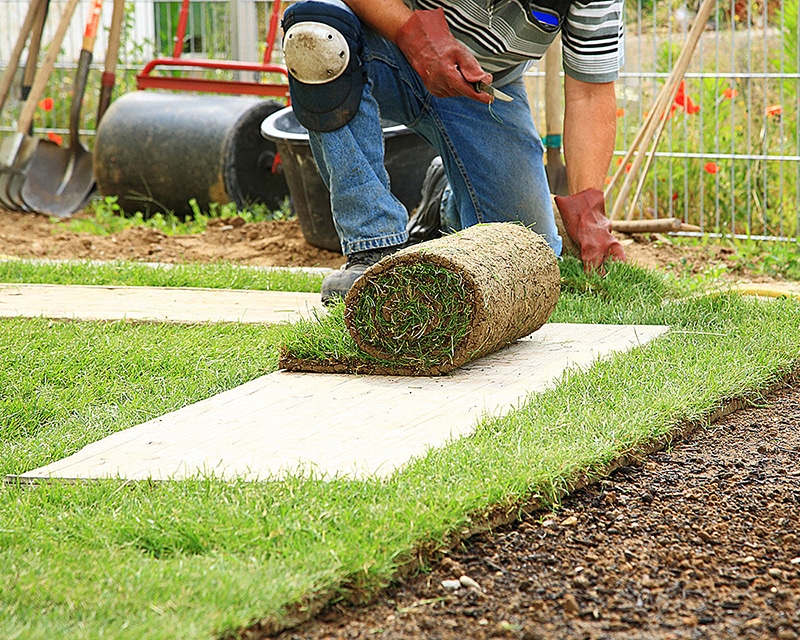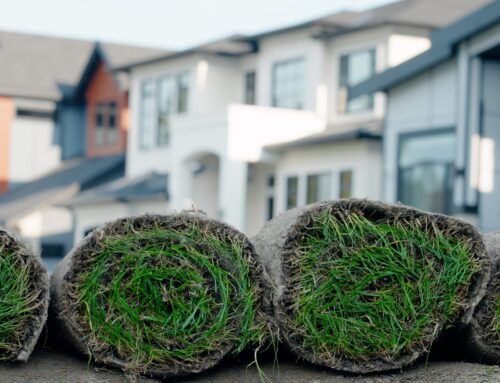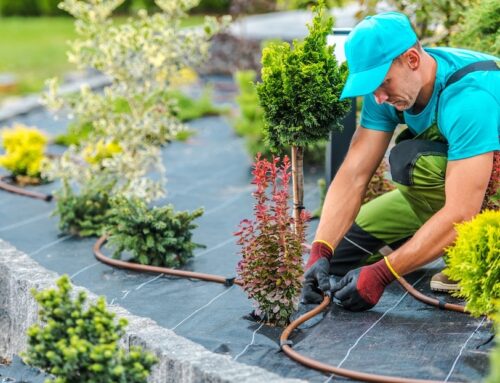Table of Contents
Soil enhancement, as one might guess from the name, is a process in which various techniques and amendments are used to improve the quality and fertility of the soil. In some areas, such as BC, drought or other climate conditions can make it difficult to maintain lush gardens and lawns, but using soil enhancements can help to create a drought-resistant landscape.
Why is Soil Enhancement Important for Your Garden?
Soil enhancement is essential for the health and productivity of your garden. When you improve the quality of your soil, you facilitate better root growth and nutrient uptake. This leads to healthier plants that are more resistant to pests and disease. Enhanced soil also promotes better aeration and drainage, both of which are vital components of optimal plant growth and development.
Types of Soil Enhancements
There are several types of soil enhancements that can be used to improve soil quality, including the following:
Compost.
Compost is rich in organic matter and can be used to improve soil structure, fertility, and moisture retention.
Sand.
By incorporating sand into your soil, you can prevent compaction and improve drainage. This will help to promote root growth.
Chopped Leaves or Leaf Mold.
These are organic materials which enhance water retention ability and add nutrients to the soil.
Aged or Rotted Manure.
Promote healthy plant growth with manure, a source of essential nutrients that improve soil fertility.
Peat or Peat Moss.
Peat moss adjusts the soil’s acidity levels while helping to retain moisture and enhancing the soil’s structure.
Vermiculite.
This is a mineral that improves soil aeration and water retention, facilitating better root development.
Perlite.
Perlite promotes healthy root growth by preventing compaction and enhancing soil drainage and aeration.
Greensand.
Greensand provides the soil with potassium and micronutrients to improve fertility. It also helps provide greater structure.
Gypsum.
Gypsum helps to loosen compacted soil. It also improves drainage and enhances nutrient availability.
Each type of enhancement can be used to address specific needs, improving the soil’s overall health and vitality.
Benefits of Soil Enhancements in BC
Soil enhancement offers several benefits that are essential for healthy growth in BC’s environmental conditions, such as:
Improved water retention.
This is crucial in drought-prone regions, as enhanced soil is better able to retain moisture, reducing the need for frequent irrigation and helping to conserve water.
Reduced Soil Erosion.
Improving soil structure will minimize the amount of erosion, preventing nutrient runoff and the loss of topsoil.
Enhanced Microbial Activity.
Using organic soil enhancements will enhance microbial activity, contributing to overall soil health and nutrient cycling.
Sustainable Landscaping.
Soil enhancement reduces the need for chemical fertilizers and pesticides. They support ecosystem balance and are a good means of promoting sustainable gardening.
Why You Should Hire Professionals to Enhance Your Garden
BC’s landscapes have diverse and specific needs, making it advisable to hire professionals with expertise in soil enhancement. They will be able to assess your soil quality to identify specific deficiencies and recommend enhancement strategies tailored to your needs.
Turning to the experts at Sod Crew for soil enhancement in BC will improve your garden’s resilience and vitality while promoting long-term sustainability.
Find out about the best soil enhancement services by contacting Sod Crew today!

